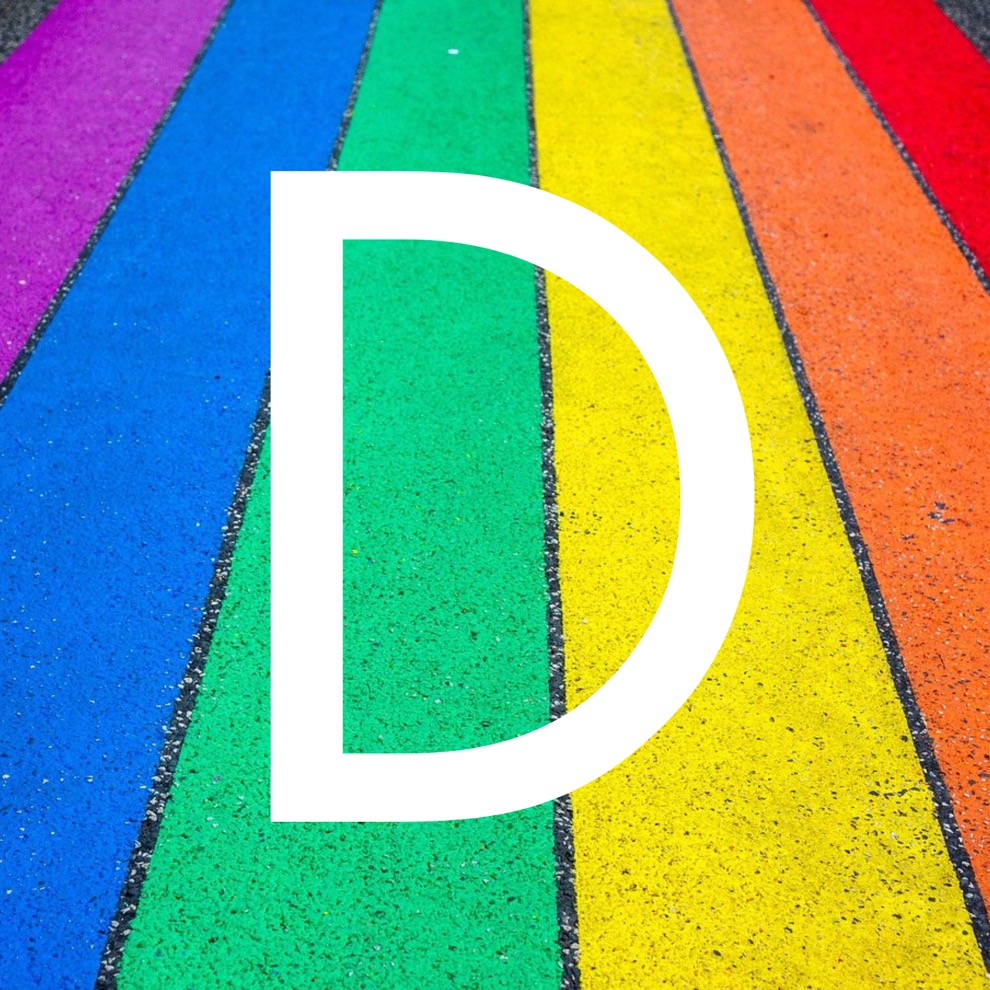Articles/Essays – Volume 10, No. 4
Warning: Labels Can Be Hazardous to Your Health
While serving as a High Councilman in a State Social Services Program, I often met with church members who labeled themselves in a variety of ways: “I’m depressed,” “I’m certain I’ve got a split personality,” “I’m schizophrenic,” and the like. One label I found to be frequently misused or inappropriately applied was homosexual.
We all use labels to help us classify, categorize and organize our world and our perceptions of ourselves and others. Labels also help us simplify very complex ideas and the conceptions we may have of others. So when we say, “He is a smart, dependable child”; “She is the responsible one in our family”; “She is the tender heart”; or “He’s the cut-up,” we instantly have a way of thinking about or categorizing that person.
Although labels have apparent usefulness in helping us organize and understand ourselves and others, all labels are limiting—even ones that may appear to be positive (e.g., “Bob works well with his hands” may be used in such a way as to ignore other skills or abilities he may possess). But some labels have especially negative consequences for ourselves or others.
To an individual who may be discouraged or who has a poor self-image, the label may be the only identity he can clearly see. If this happens, behavior will often be directed towards maintaining that identity. Labeling can provide unfortunate cues for persons who use the label to describe others. For example, “He is a homosexual” not only describes presumed past activity, but it includes an implied judgment about future behavior. Therefore, the label may be a kind of self-fulfilling prophecy.
There is a confining cycle that breeds the labeling process itself: (1) Because of a thought, fantasy, or a brief encounter, an individual labels himself/herself; (2) Through self-fulfilling prophecy or expectations of others, behavior may conform to thoughts or feelings; (3) These actions confirm the feelings and inner thoughts even more; (4) Commitment to a life style begins to emerge; and (5) Once regular behavior occurs, it becomes more difficult to break the cycle.
From hours of consultation it appears to me that the use of labels such as schizophrenic, psychotic and homosexual have worked against the individual and have had little if any diagnostic value and essentially no therapeutic usefulness. In fact, it occurs to me that the labeling process may help to explain the development of particular emotional or learning disorders. (For example, I think the detrimental effects of labeling constitute a large part of the controversy surrounding the use of I.Q. tests. Teachers look for, expect and reinforce behavior which support the I.Q. rating.)
I have had young people between the ages of 14 and 26 come into my office already defining themselves as homosexual or asking if they were. I believe that in these cases the homosexual label may be deceptive, distracting from the real problem the person may be experiencing. The fact is that there are few non-negative alternative labels, and I suspect this contributes to our inability to discuss sex in an open and frank atmosphere. I want to add here that to change or dispel negative attributions of the “homosexual” label, a therapist is not always required. A therapist is used in some cases because a client may be too ashamed to check the validity of his perceptions with his friends and authority figures. Many times a trusted friend, counselor, teacher or parent can dispel the shame and lead the person to correct interpretations.
I believe there is a desperate need in our culture (American, but especially Mormon) to rid ourselves of the negative attributions which lead to the “dysfunctional” consequences that keep people from talking about homosexuality. We must defuse the term by being more open and less negative so that people will be willing to discuss “homosexual” problems with qualified counselors, and parents, friends, or bishops. These people, in turn, will be able to react with love rather than with horror, disgust and fear.
Over a relatively short period of time, by consistently and frequently replacing incorrectly applied labels with definitions containing less negative attributions, I have seen people leave my office with a greater awareness of the cause of their “pain” and thoroughly convinced of their heterosexuality.
President Spencer W. Kimball in his paper, “New Horizons for Homosexuals,” warns against the acting out of homosexual interests or desires.[1] He poignantly argues that such acting out only commits the actor to more fully and completely defining himself or herself as a homosexual. I would argue that once an individual begins to act out feelings, then it becomes more difficult to resolve heterosexual problems. The individual then develops feelings and behavior that will make it extremely difficult for him to mature into a heterosexual life style.
If one drops the label of “homosexual,” his or her chances for breaking this chain are far greater. I would argue further that change will occur only if new definitions replace negative attributions. If, rather than defining oneself as homosexual, one simply defines himself as a person with difficulties in relating to the opposite sex, the focus shifts to the learning of adequate social skills appropriate £or normal male-female contacts and for the deepening of relationships.
Note: The Dialogue Foundation provides the web format of this article as a courtesy. There may be unintentional differences from the printed version. For citational and bibliographical purposes, please use the printed version or the PDFs provided online and on JSTOR.
[1] Kimball, Spencer W., New Horizons for Homosexuals, Deseret Press, 1974, pp. 5–8.


 Back to full Issue
Back to full Issue

